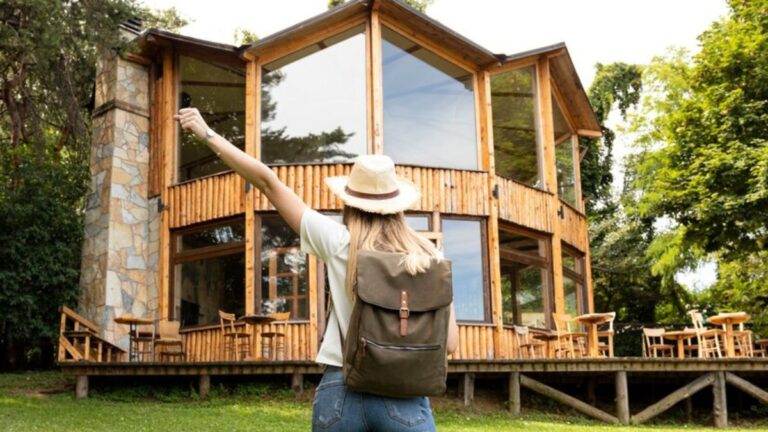Navigating the Co-Op Purchase Process in NYC
Buying a cooperative (co-op) apartment in New York City can be a uniquely challenging experience. It’s a process that involves not just financial acumen but also a deep understanding of the specific rules and nuances of co-op boards. This article aims to demystify the steps and considerations involved in purchasing a co-op in NYC, emphasizing the importance of being well-prepared through Corofy real estate classes online New York and obtaining a New York real estate license for professionals guiding clients through these transactions.
Understanding Co-Op Ownership
Unlike traditional homeownership, buying a co-op means purchasing shares in a corporation that owns the building. These shares entitle you to a proprietary lease on your apartment. Because of this structure, co-op boards have significant control over who can buy in the building, and they require a thorough application process that includes financial disclosures and interviews.
The Importance of Preparation
Preparation is key in the co-op buying process. Prospective buyers should ensure their financial documents are impeccable. This includes having a substantial down payment, excellent credit, and proof of income stability. Furthermore, buyers often need to show liquidity post-closure, sometimes as much as two years’ worth of mortgage and maintenance fees.
Finding the Right Co-Op
The search for the right co-op involves considerations beyond just the apartment itself. Buyers should also evaluate the co-op’s financial health, rules, and culture. Some co-ops have strict rules regarding subletting, renovations, and even pet ownership. Understanding these policies is crucial to finding a co-op that aligns with your lifestyle and long-term living needs.
Financing a Co-Op Purchase
Securing financing for a co-op can be more complex than for a condo or house because many banks have stricter lending criteria for co-ops, which are considered slightly riskier investments. Some co-ops also have restrictions on the amount of financing they allow, commonly capping the loan-to-value ratio at 80% or less. Working with a mortgage broker experienced in co-op transactions can help navigate these challenges.
The Application Process
Once you’ve chosen a co-op and your offer has been accepted, the real work begins. Preparing the co-op board application is a meticulous process. This package typically includes financial statements, references, tax returns, and more. It’s often suggested to prepare this package as if one were applying for a job, showcasing financial stability and character in the best light. Courses like Corofy real estate classes online New York can provide invaluable insights into crafting a compelling application.
The Co-Op Board Interview
If the board is satisfied with your application, the next step is the interview. This can be one of the most daunting parts of the co-op purchase process. The board interview is less about financials—since those are laid out in the application—and more about assessing whether you will be a good fit for the community. It’s important to appear personable and cooperative, without being overly familiar or casual.
Closing the Deal
Once approved by the board, the closing process in a co-op is generally faster and less complicated than in condo purchases because there are no title insurance or property surveys involved. However, buyers still need to prepare for closing costs, which can include city and state transfer taxes, attorney fees, and a flip tax, if applicable.
Role of Real Estate Professionals
Navigating the co-op purchase process in NYC can be overwhelming without professional guidance. Agents and brokers with a New York real estate license play a critical role. They not only help in finding appropriate listings and managing negotiations but also in understanding and explaining the complex regulations that govern co-op living and transfers. Additionally, courses provided by Corofy real estate classes online New York can equip real estate professionals with the specific knowledge needed to guide clients through these unique challenges.
Conclusion
Purchasing a co-op in NYC requires careful planning, attention to detail, and a clear understanding of the complex rules and requirements. By thoroughly preparing and working with knowledgeable professionals, buyers can navigate this intricate process more smoothly. Ensuring you have the right advisors by your side, equipped with training like that offered by Corofy real estate classes online New York, is essential in making an informed and successful co-op purchase in one of the world’s most competitive real estate markets.
Navigating the co-op buying process in NYC demands more than just financial readiness; it requires a comprehensive understanding of cooperative living, a strategic approach in application and interview processes, and a strong support system of experienced professionals. This ensures not just a successful purchase but also a happy, long-term residence in the city’s sought-after cooperative spaces.







